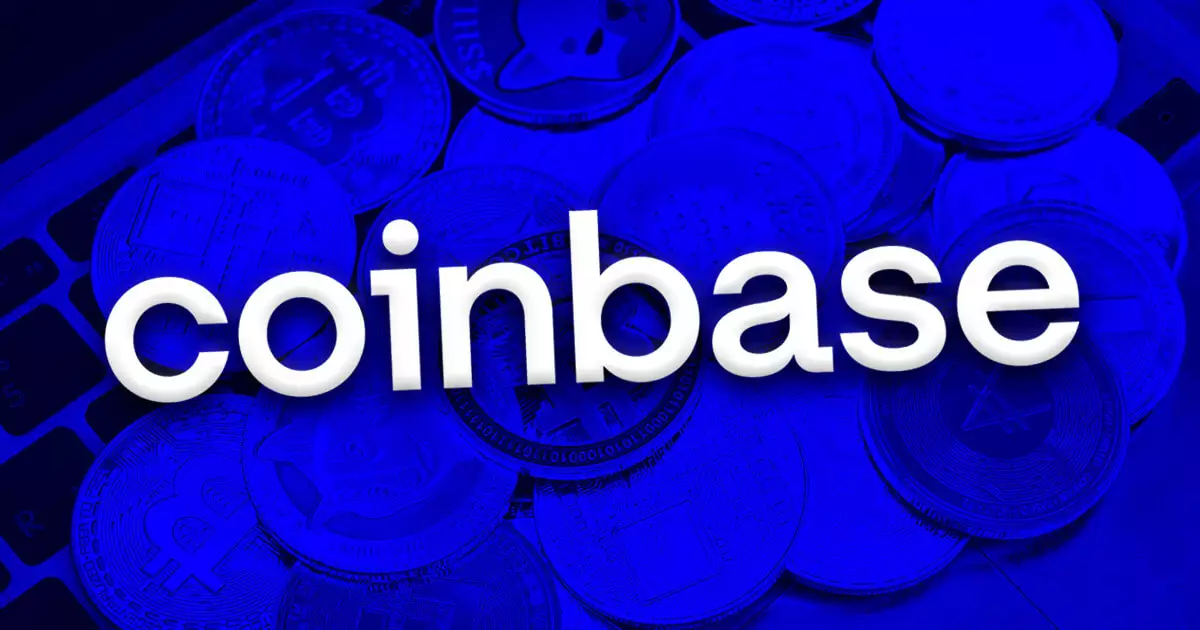In the ever-evolving landscape of cryptocurrency, the tension between regulatory compliance and market competitiveness has taken center stage. One significant clash recently arose between Coinbase and BiT Global regarding the controversial delisting of wrapped Bitcoin (WBTC), a token that has become an important player in the digital assets arena. This article delves deep into the intricacies of the situation, shedding light on the underlying issues, the arguments presented by both parties, and the broader implications for the cryptocurrency market.
Coinbase, as a leading cryptocurrency exchange, has earned a reputation for maintaining stringent standards to protect its platform and user trust. The decision to delist WBTC stemmed from rising concerns surrounding Justin Sun, the founder of TRON, and the opacity regarding WBTC’s underlying reserves. Internal reports from Coinbase indicated that an extensive evaluation process preceded this critical decision, which was aimed at preserving the integrity of its trading environment.
The most pressing issue for Coinbase is the alleged checkered past of its associations—specifically, Sun’s history of market manipulation and fraud allegations. Fearing that his involvement could damage the platform’s reputation and compromise safety for its users, Coinbase felt compelled to act decisively. According to Coinbase Chief Legal Officer Paul Grewal, the lawsuit filed by BiT Global was “bogus,” as the exchange believes the legal action lacks substantive merit.
On the other end of the spectrum, BiT Global has put forth legal claims in a bid to halt the delisting process, arguing that Coinbase’s decision is both unfair and damaging. They accuse the exchange of prioritizing its own competitive interests over the welfare of WBTC and its users. This contention rests heavily on the notion that the delisting sends a detrimental message within the cryptocurrency community, potentially diminishing trust in WBTC.
The firm has characterized the delisting as a move to bolster Coinbase’s rivalry with its own token, cbBTC, presenting a case that emphasizes issues surrounding market fairness and competition. BiT asserts that this event could have cascading effects on consumer confidence and access to trading services, presenting legal arguments aligned with California’s Unfair Competition Law.
Coinbase has staunchly refuted BiT’s allegations concerning reputational harm, citing that WBTC transactions constitute a mere fraction—less than 1%—of total trades on their platform. In the larger context of trading venues, WBTC holders still have alternatives to engage with their assets, notably through decentralized applications and wallets that do not require Coinbase’s direct involvement. This highlights a critical aspect of the cryptocurrency ecosystem: users have multiple platforms at their disposal, often mitigating the impact of decisions made by a single exchange.
Additionally, Coinbase pointed to declining volumes of WBTC transactions prior to the delisting announcement, attributing this reduction directly to Sun’s association with the token. This analysis contrasts sharply with BiT’s claims of impending doom for WBTC’s standing in the digital asset community, suggesting that market sentiment had already begun shifting before any actions taken by Coinbase.
It is essential to recognize the broader implications of this legal dispute and Justin Sun’s controversial presence within the cryptocurrency realm. Allegations of misconduct from regulatory bodies, including the SEC, have cast a long shadow over projects associated with Sun, intensifying scrutiny from both investors and platforms like Coinbase. As the market grapples with increasing regulation and the quest for legitimacy, events such as this delisting serve not only as a precedent for how exchanges navigate risk but also as a mirror reflecting ongoing challenges in the industry.
The outcome of the legal proceedings, set to be heard on December 18, may not only influence the status of WBTC and its users but will likely resonate throughout the digital asset landscape, potentially impacting regulatory approaches and market perceptions of risk moving forward.
As this case unfolds, it underscores the profound need for transparency, accountability, and ethical conduct as integral components for the future stability and growth of the cryptocurrency sector. The balance between protecting user interests and engaging in competitive market practices continues to be a delicate dance for exchanges like Coinbase, amid a backdrop of evolving legal challenges and market dynamics.

